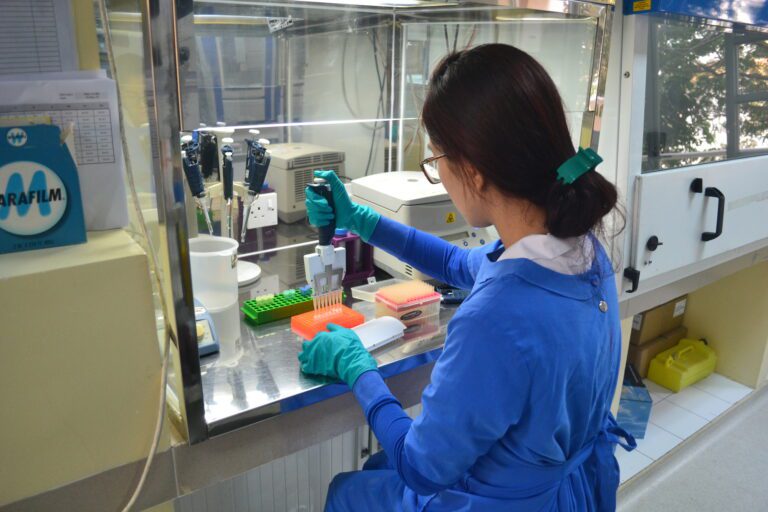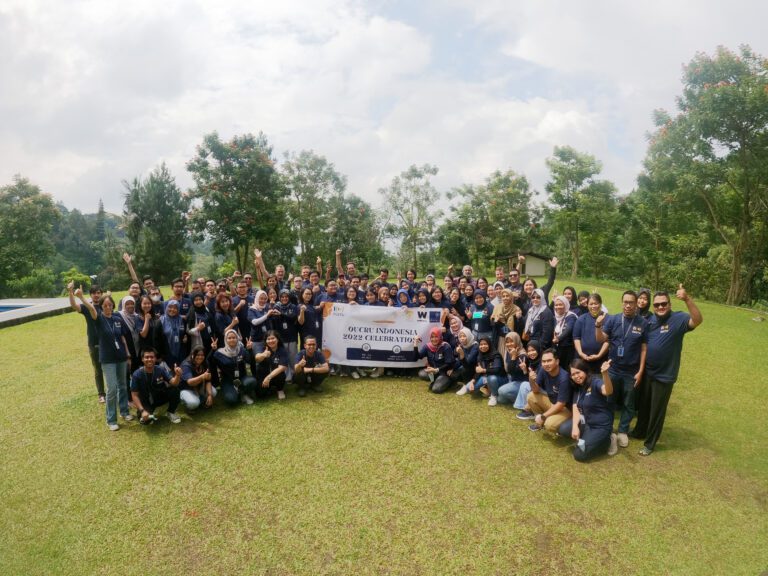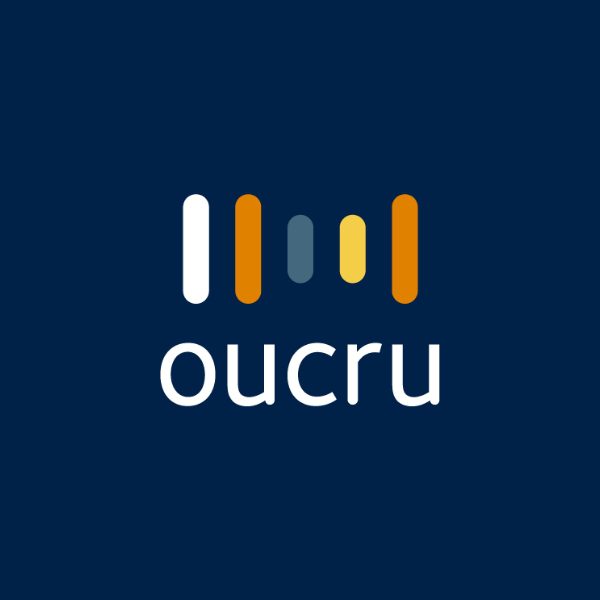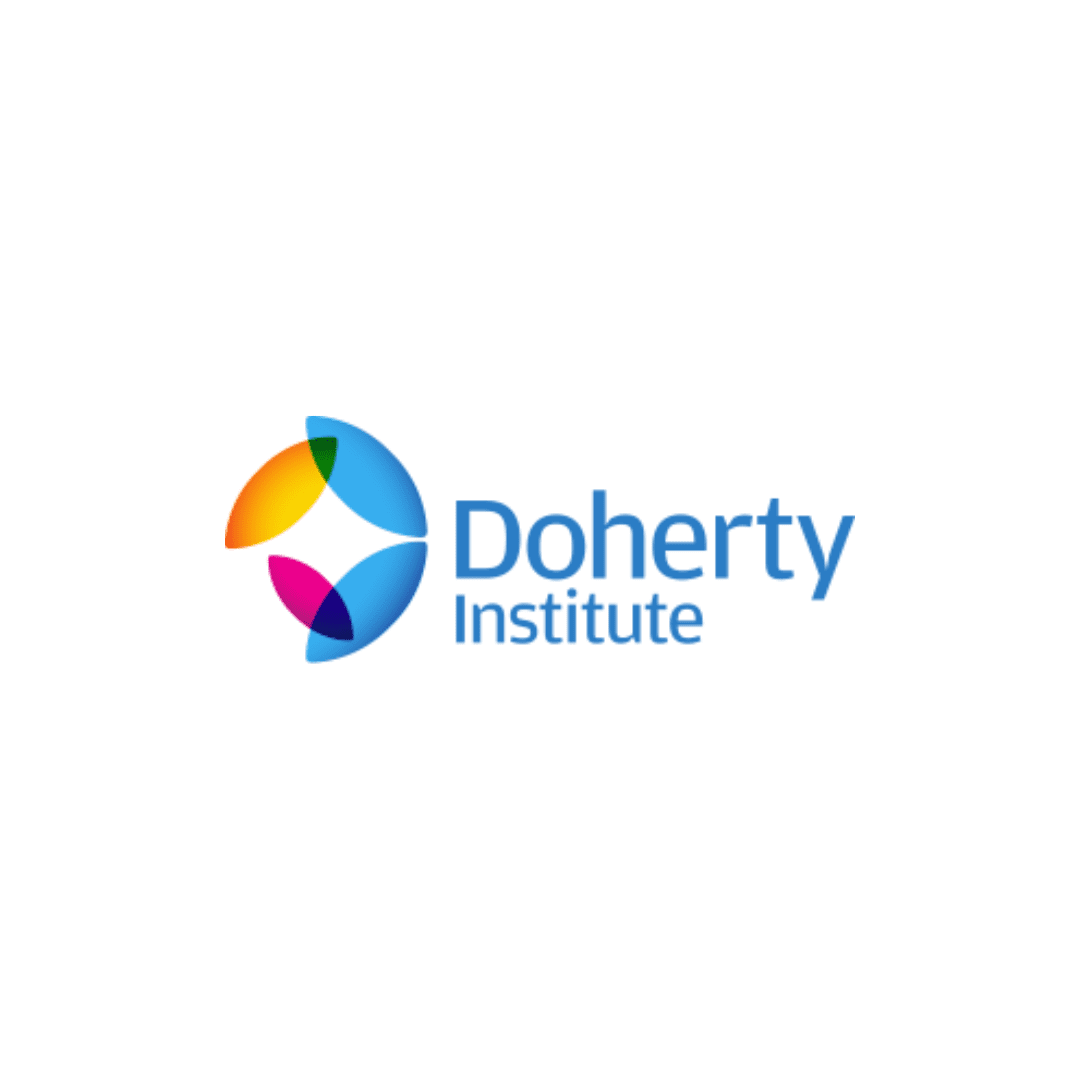Background
The Strengthening Preparedness in the Asia-Pacific Region through Knowledge (SPARK) project proposes to provide capacity-building support to Indonesia, Papua New Guinea, Cambodia, Vietnam, and the Solomon Islands through a participatory approach centred on the generation, synthesis, and effective use of knowledge for subnational, national, and regional public health and policy decision support in infectious disease preparedness and response. In Indonesia, the value of modelling approaches will be demonstrated through their application to malaria control program challenges in Papua’s high-endemic region.
Objectives
Quantifying malaria heterogeneity transmission in Papua
Indonesia faces significant heterogeneities of malaria transmission across its territories. Understanding heterogeneities and improved spatial resolution are essential to efficiently identify and characterize transmission areas. Better stratification of malaria risk zones allows for more efficient targeting of interventions. The research question of this study is how to assess the heterogeneity of malaria transmission quantitatively. We will apply the Gini Coefficient, commonly used as an econometric indicator for wealth inequality, to describe the heterogeneity of malaria transmission over different spatial units (district, village, health unit).
Mathematical modelling of the roll-out and potential impact of treatment on Plasmodium vivax for Indonesia
Treatment of Plasmodium vivax malaria requires the clearing of asexual parasites, but relapse can be prevented only if dormant hypnozoites are cleared from the liver. Primaquine and tafenoquine are the two only drugs that have been registered for preventing the relapse of P. vivax. This project aims to quantify the public health impact of radical cure treatment on P. vivax in Indonesia. We aim to estimate the number of people who will be eligible for treatment with tafenoquine or a high dosage of primaquine in Papua and assess the rate and extent to which P. vivax transmission will be reduced by those treatments.
Decision support systems for malaria
Indonesia relies on health management information systems to provide data to track progress and measure program achievements. Existing tools do not fully address these needs; hence, there is a need for new tools or improved tools, which would include knowledge management components, an inference agent, and more sophisticated use of GIS. We aim to develop high-level decision-making, such as determining the most effective combination of interventions for a specific subnational region, entomological information or insecticide-treated net distribution.






